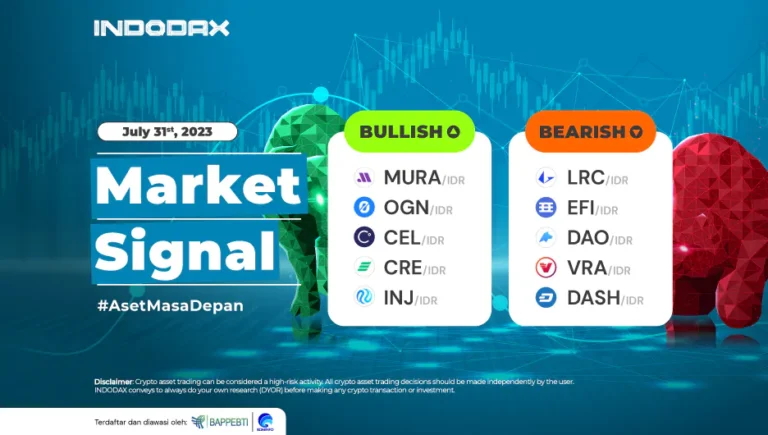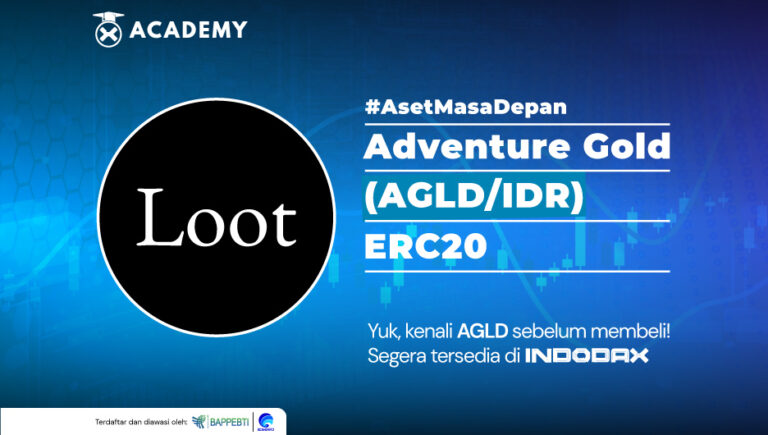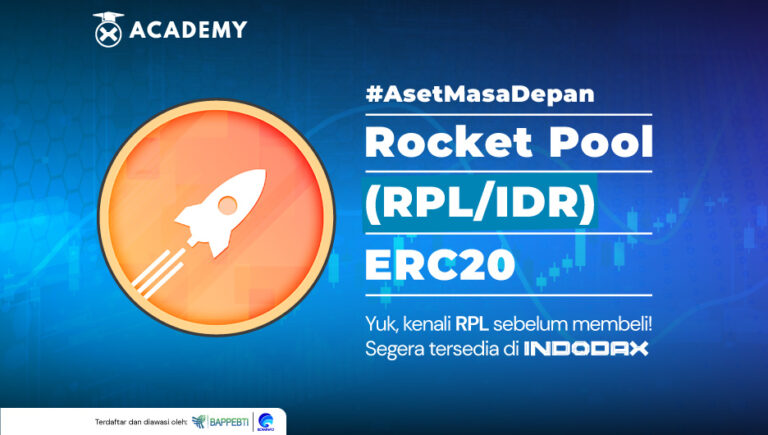In the investment world, various types of strategies are often discussed, one of which is hedge funds.
This strategy aims to protect assets from the risk of market losses occurring.
In addition, its management also allows investors to obtain higher profits later.
So, to learn more about what a hedge fund is and its purpose, let’s look at the following review!
What are Hedge Funds?

Hedge funds are financial derivative instruments with a concept similar to mutual funds.
A hedge fund is several funds collected by several investors to be invested to generate profitable returns, even exceeding the average return on the market.
Later, the management of this hedge fund will be supervised by a manager to reduce the risk of investment losses.
Translated literally as a “hedge fund,” the investment nominal in the form of a hedge fund has an illiquid system, so investment deposits must be carried out for one year during the lock-in period.
Furthermore, withdrawals can also be made after two years or a certain time.
Characteristics of Hedge Funds
There are certain criteria for the concept of raising funds for hedge funds that distinguish it from other types of capital raising, namely as follows:
1. For certain groups
Certain criteria must be met to invest in a hedge fund, one of which is that investors must have a minimum income with a fairly high value.
Therefore, not everyone can become part of raising funds through this one financial derivative instrument.
2. Loan funds when mispricing
Mispricing is a condition when the price of an asset is not in line with its original value.
If something like this happens, the hedge fund can take loan funds to obtain optimal profit, which will then be distributed to investors.
3. There is a fee structure
Given that investment managers carry out the fundraising concept in hedge funds, the “Two and Twenty” structure will be applied here.
In this case, the deduction details are 2% for funds and 20% for profits earned.
4. Extensive investment environment
Compared to raising capital such as mutual funds, the scope of hedge fund distribution is wider.
Here, the fund manager will analyze the instruments that can provide high returns.
Advantages and Disadvantages of Hedge Funds

If an investor chooses a hedge fund as one of their investment instruments, here are the advantages and disadvantages of a hedge fund that you need to know:
Advantages of Hedge Funds
Hedge funds are known to have several advantages, including:
- More flexible
What makes hedge funds more flexible than mutual funds is that one type of investment instrument is usually not publicly traded.
Thus, the rule of law will be more flexible.
So, it will also be easier for investors to carry out various investing strategies, from derivatives, and leverage, to short selling.
Using various investment strategies allows hedge funds to offer benefits from rising investment option prices that exceed the returns provided by the market.
- Low loss risk
The second advantage is that hedge funds have a low risk of loss, even reaching 50%.
The trick is to focus on more specific risk targets. For investors, this reduced risk of loss will certainly impact a lower level of volatility than other financial assets in general, such as equities.
Later, this will also affect the creation of a portfolio that will continue to rise or grow and be diversified.
- Expert advice
Investors, especially beginners who are still unfamiliar with understanding investment flows and types of investment strategies and still need a strong analysis of investment products and instruments, will usually seek an investment manager’s assistance.
Typically, these managers will manage the hedge fund and provide investors with the most profitable advice.
Disadvantages of Hedge Funds
- It costs a lot
As mentioned above, many hedge fund models use a “Two and Twenty” fee structure.
In this structure, investors who want to invest in hedge funds must pay 2% for management fees and 20% for fund management.
This 2% management fee is used for operational activities related to the hedge fund.
On the other hand, a 20% fee will be given to the fund manager/manager whose role is to manage the hedge fund.
Need it is known, and this fee is worth far greater than the type of mutual fund investment.
This is because, in mutual funds, investors will only be asked to spend less than 2 percent of funds for management fees.
- Greater strategic risk
In practice, hedge funds cannot avoid strategic risks, aka risks arising from the implementation of various investment strategies that are so complex.
As previously reviewed, hedge funds themselves can reduce the risk of investment losses.
For example, in 2011, hedge fund investment values were said to have lost approximately 4.8% below the value of other investment instruments traded on the market.
How to invest in Hedge Funds
So, how do you invest with hedge fund instruments? The following are some things to consider before you decide to invest through a hedge fund, including:
1. Understand the field of investment to be undertaken
Even though this hedge fund investment will later be carried out by a hedge fund manager (investment manager), you, as an investor, still need to understand how this investment works.
In this case, you must also clearly understand the investment field involved in the hedge fund instrument.
The reason is that by knowing this, you will also understand the various risks and benefits that can be obtained later when investing through this instrument.
2. Consider the funds to be used
Considering that a hedge fund is an investment that absorbs quite a large amount of funds, you should consider the funds you want to invest in this way.
As input, having “cold money” that you won’t be using shortly is a good idea.
3. Setting investment targets
Setting targets is important so that everything can go well, including investment.
In the investment world, you also need to set long- and short-term targets to make choosing the investment you want easier.
In hedge funds, you have to think about the targets you want to achieve so that later you can understand when to stop or increase the investment you have.
Hedge Fund Investment Objectives
Like other financial investment instruments, the hedge fund system also has various objectives in its implementation, including:
1. Optimization of Potential Returns
The first goal is to optimize or optimize the return potential.
In this case, the hedge fund is an investment managed by a fund manager who will try to get the maximum return from the investment made from the funds raised.
2. Minimizing Investment Risk
Furthermore, the goal of a hedge fund is to minimize investment risk. This can happen because the hedge fund system has in-depth analysis to minimize potential risks.
Thus, the capital invested by investors can be more secure and protected.
Conclusion
Hedge funds are financial derivative instruments with a concept similar to mutual funds.
In a hedge fund, several funds are collected by several investors to be invested to generate profitable returns, even exceeding the average return on the market.
Its characteristics include certain groups, borrowed funds when mispricing, a fee structure, and an extensive investment environment.
The advantages of hedge funds lie in those considered more flexible, have a lower risk of loss, and have expert advice.
Meanwhile, the drawback is the high cost and greater strategic risk.
The way to invest is to understand the field of investment you want to undertake, consider the funds you want to use, and set investment targets.
On the other hand, investing with hedge funds aims to optimize potential returns and minimize investment risk.
So, now you understand what a hedge fund is and its purpose.
Apart from investing in hedge funds, you can also read other interesting articles, such as how to invest in safe and legal bitcoin for beginners, at INDODAX Academy.
Let’s start investing!








